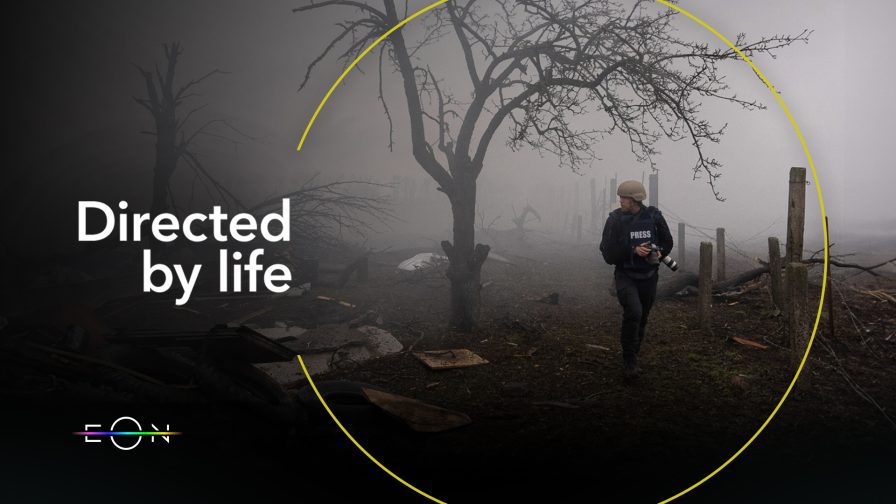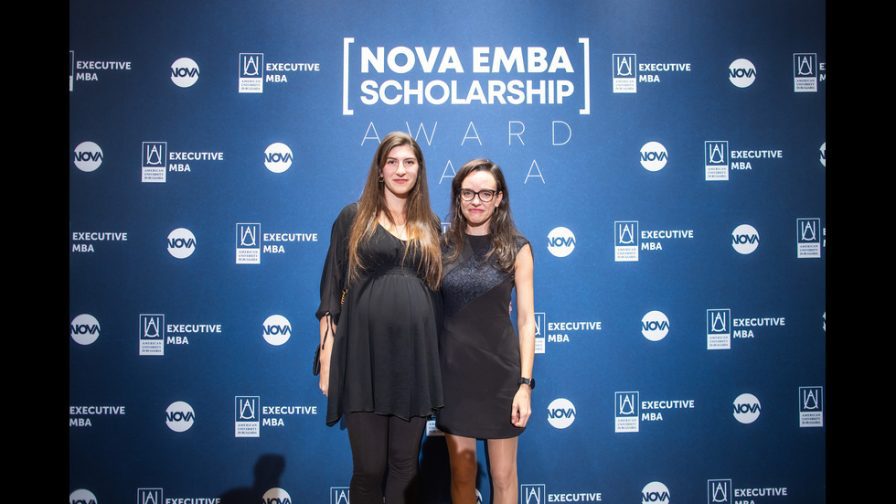
United Media joins anti-piracy Warsaw Declaration
15th November, 2018
The United Media and 33 other organisations and institutions have signed the ‘Warsaw Declaration,” hoping to increase international cooperation in the fight against online piracy.
A group of 34 organisations and institutions have signed the ‘Warsaw Declaration’, hoping to increase international cooperation in the fight against online piracy.
The signees believe that effective global collaboration is vital to address the ongoing problem.
Last month, many key players in the entertainment industries took part in the International Content Protection Summit in Warsaw, Poland. The summit was organized by the Sygnał Association, supported by the EU’s Intellectual Property Office (EUIPO), with an agenda featuring the latest threats and developments in anti-piracy enforcement in a belief the international cooperation is a crucial component for successful anti-piracy enforcement efforts.
To stress their commitment to this goal, 34 participants signed a new memorandum of cooperation titled the Warsaw Declaration.
The group includes the representatives of broadcasters, content developers and distributors as well as the representatives of organisations and associations from individual non-European and European markets and public administration, Europol, law enforcement agencies, businesses and the media.
The signees, including BBC Studios, BREIN, Discovery, FACT, HBO Europe, LaLiga, MPA, NBCUniversal, Sky Deutschland, and the Spanish National Police, state that they “acknowledge and understand the need for regular international involvement of major stakeholders.
The Declaration, among other things, stresses that “bearing in mind the current worldwide scale of intellectual property rights infringement on the Internet and its negative impact on creative sectors and the economies of many countries, there is a growing need to tighten effective international cooperation in combating online piracy, so that we can draw on the experience and best practices of organisations, government bodies and the private sector entities from various parts of the world.”
It added that “by adopting this course of action, the participants of the Summit hope to contribute to reinforcing the global anti-piracy coalition and increasing the awareness of the adverse effects and a negative impact of piracy on the global economy among decision.”
According to the summit’s organisers, the “Warsaw Declaration” can help to target the major piracy threats more effectively. That includes the increasingly global reach of cybercrime, new distribution methods, and the use of cryptocurrencies as payment methods.
“Piracy is currently a highly profitable undertaking with a complicated network of relations. There is proof of its connections to other types of crime, said Teresa Wierzbowska, President the Sygnał Association’s board.
“The alarming figures concerning the scale of theft and illegal trade of audiovisual content are a motivating factor to take action,” she adds.
The declaration itself doesn’t include a concrete plan of action. Apart from acknowledging and understanding the need for more collaboration, there’s not much more to it. What it does say is that the signees hope to increase “awareness” of the “negative impact of piracy on the global economy” among “decision-makers, opinion leaders, media and society,” and persuade them to counteract this.
Speaking with TorrentFreak, Sygnał Association’s Anna Słoboda notes that the declaration is just the first step. The next stage is to turn it into action.
“For us, it was very important to let people from western and eastern Europe meet each other in one place to exchange experiences and contacts. I am sure that it will soon bring results,” she says.


